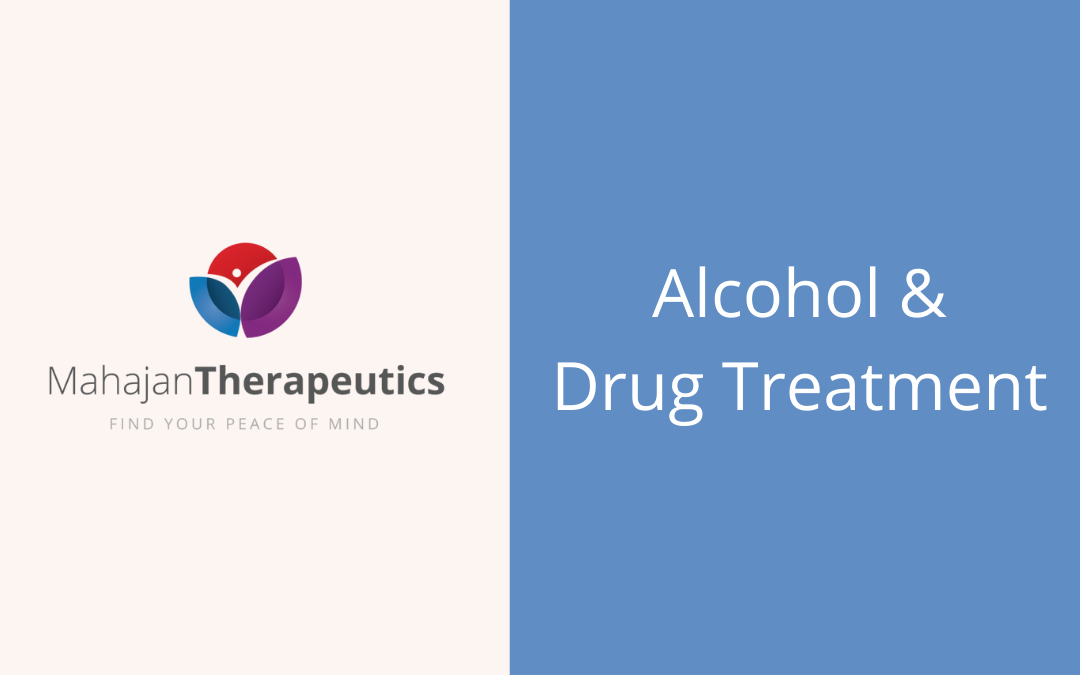As you navigate recovery, it’s important to learn which feelings and experiences make you vulnerable to relapse. Commonly known as triggers, these stimuli may manifest as physical symptoms like nausea and restlessness. They may also lead to reminiscing about substance abuse and the beginning of plans to use again.
When you understand what makes you think about using, you can actively avoid or reframe those triggers to keep your recovery on track. Here are common triggers to be aware of.
HALT When You Are Hungry, Angry, Lonely, or Tired
We posted in March about AA words of wisdom, including HALT: how the discomfort of being hungry, angry, lonely, or tired can be triggering. In the past, you used substances to avoid these feelings. Now it’s time to shift habits and prioritize your well-being. Here are a few healthy ways to address HALT triggers:
- Be vigilant about packing snacks and eating well for the energy your body needs to work through new emotions.
- Seek out a meditation group or app, along with other resources for exercises to reduce angry feelings in the moment.
- Keep supportive friends and sponsors on speed dial to quickly reconnect when loneliness occurs.
- Since fatigue can be extra hard to handle in the early days of recovery, let people in your circle know you may need occasional breaks to be your best self. This will help you feel more supported when you identify the need to retreat from social or work settings to recharge.
Stress
Like HALT triggers, you’re probably used to pushing away stress with substances. In recovery, it’s important to actively seek healthy ways to address stress, such as meditation, journaling, and visits with supportive friends, sponsors, and therapists. It’s worth staying sober through overwhelming times. Stress is a part of life, and without substances clouding your judgment, you have more power to work through and overcome difficulty and pave the way to positive feelings again.
Boredom
Substance use probably took up more of your waking hours than you realized, which leaves you with a surprising amount of free time in recovery. It’s important to find new sources of interest and joy to fill that time. Being uplifted by a new hobby can help you avoid the triggering restlessness of boredom. Building or creating something, helping others, spending time in nature, and exercising all generate endorphins to lift your mood, lead you away from triggering feelings, and contribute to long-term success in recovery. Taking a pottery or painting class, finding volunteer opportunities through a church or animal shelter, lacing up your hiking shoes, and joining a gym can drastically change the trajectory of your life for the better.
Relationships and Activities Associated with Substance Use
Familiarity is a powerful draw. Even relaxing hobbies, like fishing or camping, can be triggering if you’ve only done them under the influence in the past. The good news is you don’t have to give up these activities entirely, but in the early days of recovery, it’s a good idea to engage in them sparingly and with sober friends who can awaken you to the excitement of these activities without substances. Another good idea is to always give yourself an “out” by arranging your own transportation. This empowers you to remove yourself if triggering feelings become irritating.
Have faith that, in time, you will learn to enjoy these activities with the joyful clarity that only comes with sobriety. But as long as triggering feelings are present, it’s important to recognize that you need more time to work through them.
Media and Commercials
The digital world is full of images of happy-looking people taking substances. If a commercial, program, or post makes you begin to reminisce about using, there’s an easy answer: change the channel.
Casting away those images that paint substance abuse in a positive light will block out triggering thoughts and help you reject the false reality that a lot of media creates for substances.
OPP: Other People’s Partying
Others’ decisions to engage in substance use aren’t your responsibility. It’s okay to never accept a request to be a designated driver. Being around inebriated people is a common trigger. If you live with people who partake, have frank discussions about how they use and store substances around you. For instance, it can be highly triggering to open the refrigerator to find a case of cold beer. Ask if they’re willing to keep alcohol in a separate mini-fridge. A change in drinkware can be helpful, too. Watching someone drink alcohol out of a favorite frosty glass may be significantly more triggering than seeing someone consume it out of a coffee tumbler.
Having candid conversations with others will help you stay honest and respectful towards yourself in recovery. Remember: everything is temporary, and practice makes perfect. Many triggers lose power over time. Time and fresh habits will help you forget what you’re trying to avoid and look forward to what the future holds.
Mahajan Therapeutics offers professional help to map your recovery journey. Contact us to discuss your options today.





Recent Comments